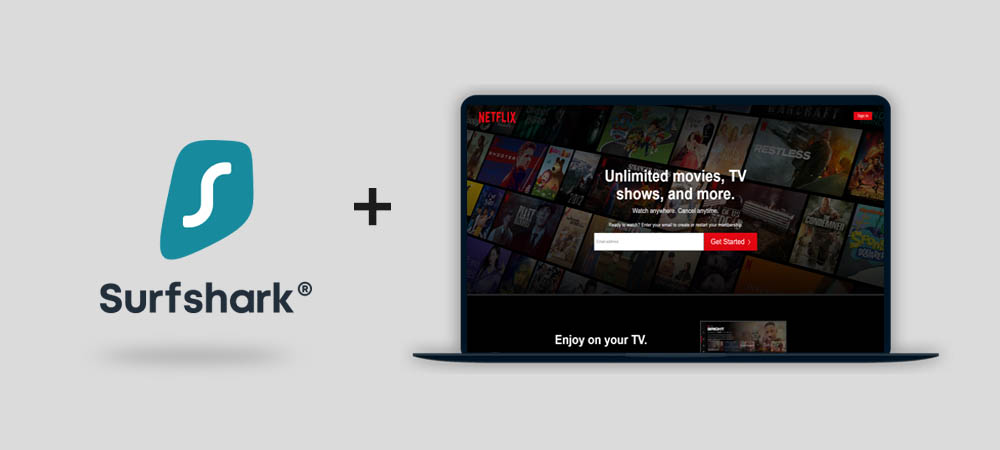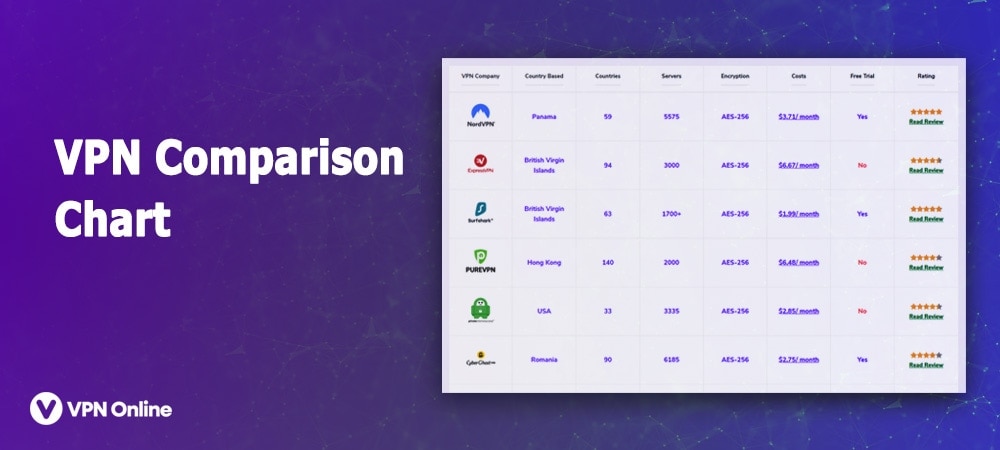One of the best ways to boost your security online is to use a VPN. A VPN encrypts your internet connection and routes it through a server in another location. It's one of the best ways to protect yourself from online threats, like hackers and government spying.
You need a VPN if you're using public Wi-Fi networks, like in airports or coffee shops. The best VPN service can also help you access blocked websites and content and keep your data safe while torrenting. Plus, they're much easier to comprehend than commonly assumed.
The fundamentals of a VPN are as follows:
A few things I have done to increase my online security include:


For the past five years, I've been very concerned about cybersecurity. Prior to that, I spent a lot of time working on passion projects in Kali Linux, which taught me the importance of internet security on countless levels.
I initially became interested in cybersecurity when I began using Kali Linux - a Linux distro. This allowed me to utilize a variety of proxies and VPNs; therefore, an accurate understanding was required to ensure that each element of security procedures was implemented correctly.
Kali Linux and other Linux distros feature tools that can be highly destructive in the wrong hands. Still, they may also be quite valuable when used rightly by individuals and corporations to guarantee the highest levels of security for their websites when used for pen-testing.
When I learned about these tools' potential to harm if misused and how readily they allow someone to invade one's privacy, I knew I had to up my game regarding internet security. However, a critical reminder is that Kali Linux is predominantly used for good.
For many reasons, like viewing geo-blocked material, encrypting my data, and masking my IP address, I've used many VPNs in the past. In addition, I've tried a myriad of providers, including free and paid VPNs, as well as TOR Project and other types of internet security protocols.
Many people believe that all VPN providers are the same, but this is not the case. As I've discovered through experience, some are better than others. For example, free VPNs are not always as good as paid VPNs, often with fewer servers, slower speeds, and less reliability.
On the other hand, premium VPNs usually offer more features, better security, and faster speeds. They also tend to have more servers located in more places worldwide. This gives you more options for finding a server that meets your needs.
I believe that everyone should use a VPN, whether they are concerned about online privacy or not. That's because a VPN can protect you from many online threats, such as hackers, identity theft, and malware, such as NordVPN.